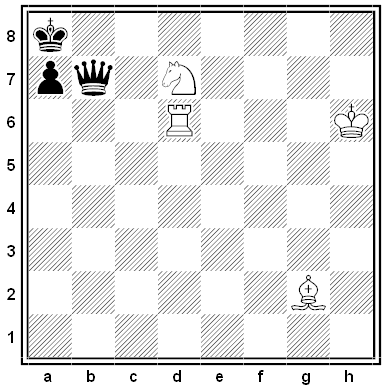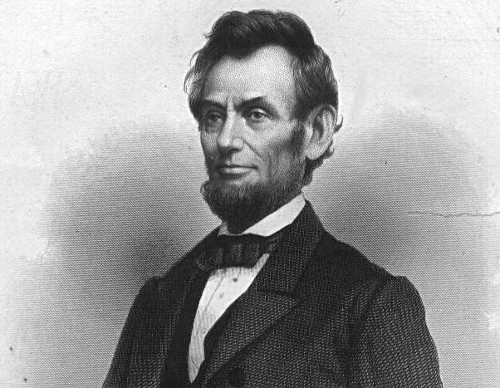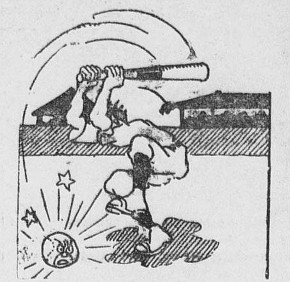
In the 1969 Night Gallery episode “Eyes,” Joan Crawford plays Claudia Menlo, a ruthless dowager who blackmails a doctor into performing a nerve transplant that will grant her vision for 11 hours. Afterward, alone in her apartment, she impatiently removes the bandages prematurely. She catches a glimpse of a crystal chandelier and then everything goes black. She rampages through her suite and collapses in tears, unaware that the city has suffered a power outage. At dawn, through dimming vision, she sees the rising sun, rushes to grasp it, and crashes through a window to her death.
Now: “How many things did Claudia Menlo see?” asks Dartmouth philosopher Roy Sorensen. “Most people say she saw only the chandelier and the sun (and possibly the pavement on the way down). But I say Claudia saw something in between seeing the crystal chandelier and the rising sun: the darkness of her blacked-out apartment. Claudia had never seen darkness before and mistook this visual experience for an absence of visual experience.”
Can we see darkness? Sorensen pictures a cave explorer in a completely dark cave. If the explorer is asleep and dreaming that he is in a completely dark cave, he does not see the darkness — but when he wakes up, he does. If the explorer then stands too quickly and the blood rushes from his head, he sees stars against an accurately perceived black background — the surrounding darkness. In contrast, his blind companion can’t tell whether the cave is dark; “only the sighted man can tell whether the cave is dark just by looking.”
This raises a puzzle: Suppose you’re in a light-tight container that’s suspended within a larger light-tight container. If the interior of the larger container is illuminated, then of course the darkness you see is the darkness of the smaller container. But what happens if the illumination of the larger space is turned off? You certainly can’t see beyond the walls of the small container in any circumstances. And only the larger container is blocking light. Does it follow that you’re seeing the darkness of the large container within the small container?
(Roy Sorensen, “We See in the Dark,” Noûs 38:3 [2004], 456-480.)







